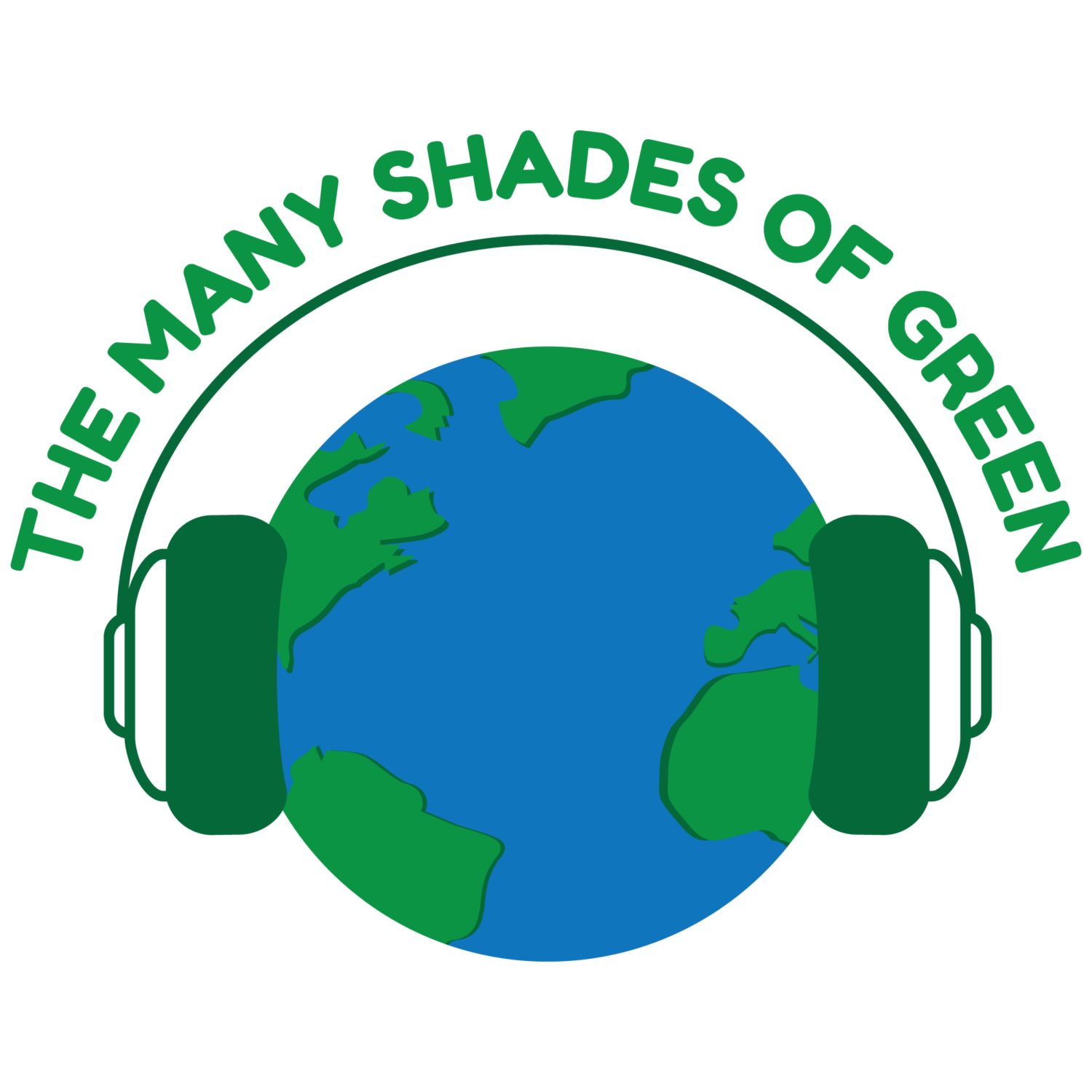By Susan Lutz
Sometimes the hardest thing to do is watch. We know we should speak up. We know we should act. But, at times, we must let go and watch.
For years I’ve watched young people around me participate in life according to what others have told them. Advertisers cram sugar down kids’ throats; plastic toys fill up bins; we consume and consume and create chaos in our drive to satiate our desires.
I’ve worked to be a model for my kids in how I eat. I speak up about how the milk on the table is made and where the eggs in the carton come from. I show them videos about ecology, recycling, and humane treatment to animals. After awhile, I feel like the teacher in the comic strip, the Peanuts: bla bla bla – after awhile, my message thinned over the airwaves of our home. I knew some was getting in, but society pushes hard. I gave up on some issues, even warmed to a few I once staunchly disliked (i.e. Disney comes to mind).
As I watched my kids and friends’ kids grow, I’d learn of one becoming a vegetarian, another off to build a solar boat, and others blossoming in their awareness of the environment. When a young person’s mind turns on, it’s an amazing thing to stand witness too.
After a class of kids I know saw the documentary film, Fed Up, some were appalled at the treatment of our food system and as if awoken from their childhood world and were shocked at how corporations had a grip on what went into our food. Some I talked to truly empathized with people in the story, suffering from obesity or health issues all so companies could turn a buck.
The light bulbs didn’t just go on – the passion arose. I could see their minds ticking and their ire rise. Discovering the message the film was way more powerful than me just babbling on about it at the dinner table. I am sure the message will fade and settle over time but perhaps a few will let it truly sink in.
The hard truth is we have to go back into the grocery stores, feed our families, and ourselves drink our water, and breathe the polluted air. Cutting out sugar is a lot harder once we realize it is in almost everything we eat. Yet, the power in what they now know gives me the confidence to now watch as they take on these issues for a new generation. And, once they’ve grabbed on and owned it, we can join together and speak up with a louder voice than before.


 Show #1618 A powerful conversation with Kandi Mossett, of Indigenous Rising, who is literally on the front lines of one of the current battles in the climate justice fight against the Dakota Access Pipeline. There are many reasons you need to listen to Kandi and learn more about what’s at stake.
Show #1618 A powerful conversation with Kandi Mossett, of Indigenous Rising, who is literally on the front lines of one of the current battles in the climate justice fight against the Dakota Access Pipeline. There are many reasons you need to listen to Kandi and learn more about what’s at stake.